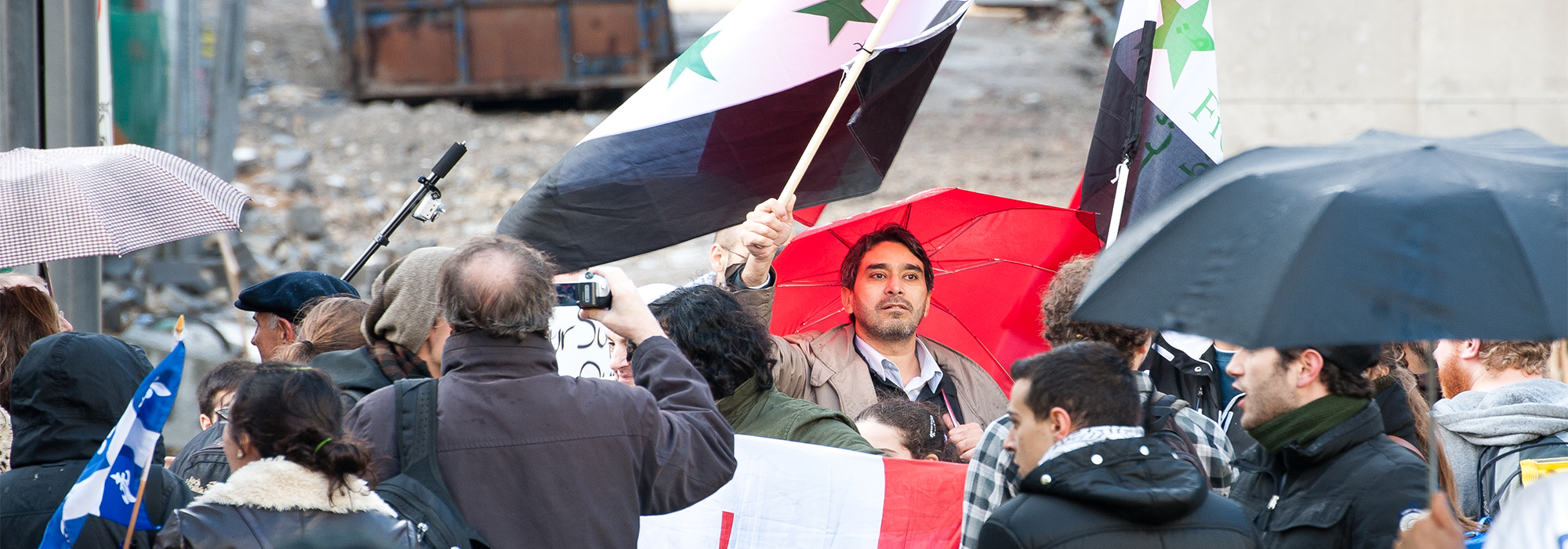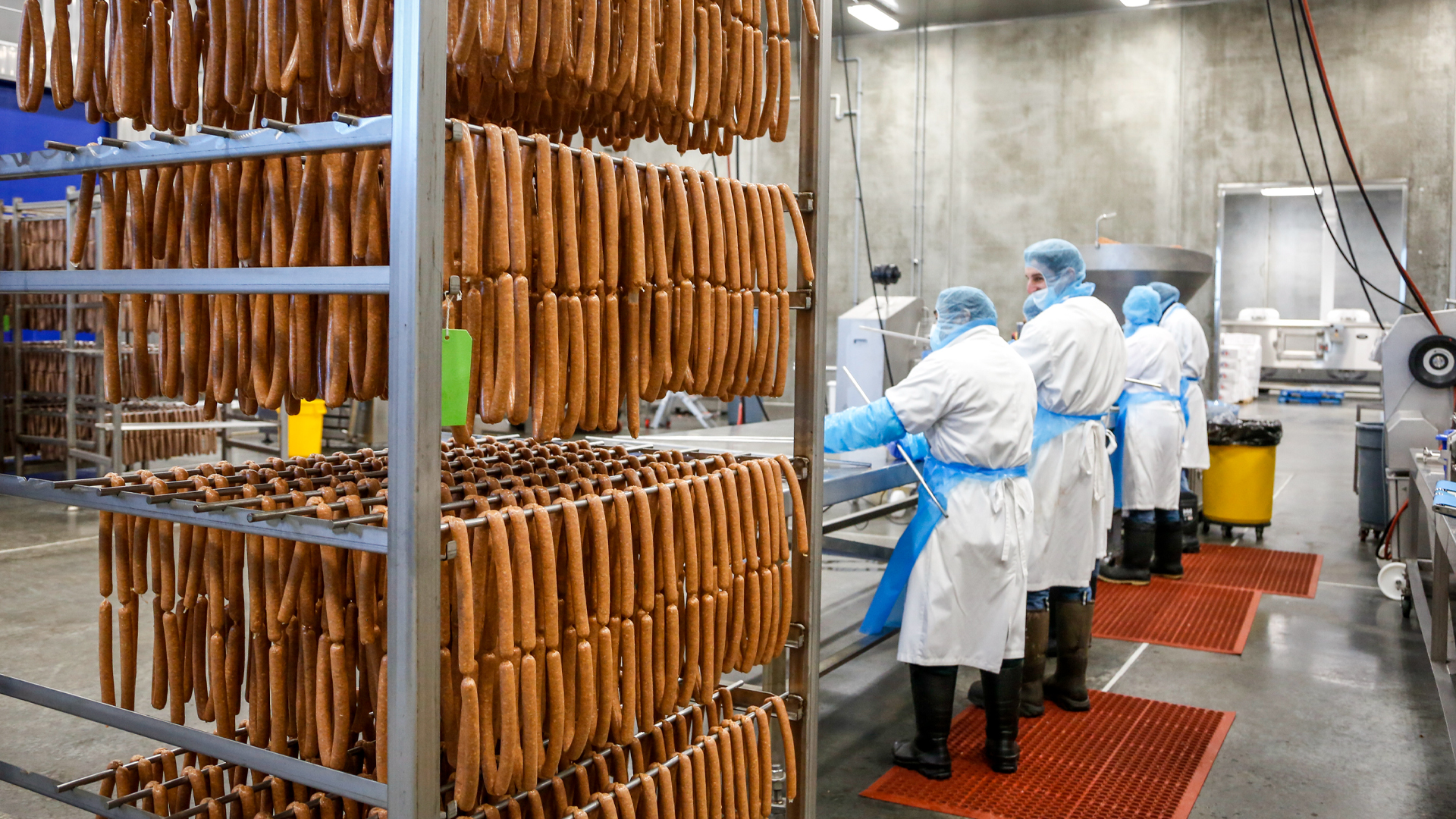
Each year in Canada, we take in an average of 260,000 permanent residents. That’s 0.7 per cent of our population each year. And an average of about 10,000 of those permanent residents each month end up taking the citizenship oath. Today that’s a large number of voters. By the next federal election in 2019, it could be an additional half-million electors.
With its victory over the uninspiring and unprepared Michael Ignatieff and the Liberal Party of Canada in 2011 (which was still reeling from the insipid leadership of Stephan Dion), the Conservative Party of Canada achieved something that was, in the words of John Ibbitson in his new biography Harper, “unmatched by any other conservative party anywhere in the world. They had become a conservative party that attracted the support of large numbers of immigrants.” This achievement, however, was precarious and needed to be tended to by the CPC like a gardener tends his or her most delicate blossoms.
How important is the vote of new Canadians? As Ibbitson notes, “no federal party could hope to come to power without winning a plurality of the immigrant vote.” Less than 80 per cent of us were born here; we accept more immigrants and refugees each year than the entire population of Saskatoon.
The CPC first achieved power in 2008 without the ridings in the Greater Toronto Area, populated by hundreds of thousands of new, first or second generation Canadians. But these ridings are a bellwether as to who holds true power in Ottawa.
It was Jason Kenney who first grasped the significance of the new Canadian vote. Kenney was also the first to realize that conservative values are, in fact, consonant with those among the Asian diaspora. After Harper appointed Kenney as Minister of Citizenship and Immigration, Kenney embarked on a massive outreach effort, proselytizing the virtues of the Harper Government at every mosque, mandir, Gurudwara and cultural event, particularly in the GTA and the Lower Mainland.
It paid off: in 2011 the Tories attracted 42 per cent of the vote from foreign-born Canadians, higher than their 37 per cent share among native-born Canadians. There are 29 ridings in Canada, all in the GTA and the Lower Mainland, in which more than half of the population are immigrants. In 2011, the Liberals won only seven of those ridings. The CPC won 16.
Fast forward to 2015 where Kenney was moved from Immigration, leaving the vitally important ministry in the hands of Chris Alexander. A former diplomat, Alexander entered politics with high hopes. His hapless tenure, however, was marked by hyper-partisanship and a flat-footed response to the greatest humanitarian crisis of our generation. The CPC lost the new Canadian vote. The nascent inroads of 2011, were all but washed away. The niqab, PMO interference with UN-referred Muslim refugees, citizenship revocation of exclusively Muslim dual Canadians, restrictions on family reunification, cutbacks to refugee health coverage (described as cruel and unusual by the Federal Court), the Barbaric Cultural Practices snitch line, Harper’s differentiation between new stock and old stock Canadians, and, finally, Harper’s eleventh-hour embrace of racist Rob Ford, was anathema to the new Canadian vote.
The result: the CPC won only three of the 29 ridings which have the largest immigrant populations in Canada. Twenty-four went to the Liberals. If the Liberals maintain their grip over the new Canadian vote, they will continue their newly acquired but historical hegemony over political power in this country.
The 2015 CPC campaign was remarkable in its reliance on divisive politics. Perhaps there was some method in the madness. Muslim Canadians only make up 3 per cent of the populace, and targeting them played well in rural Quebec. But in the end it even hurt the CPC in typical stronghold of Alberta, where the loss of Devinder Shory in Calgary and Tim Uppal in Edmonton may well be the result of these strategies.
Not only did issues like the niqab drastically undermine the support of new Canadians for the CPC, it also distracted the CPC from what should have been the focus of their campaign – jobs and national security.
Was it necessary? We don’t think so. Harper won the heavily ethnic and suburban ridings surrounding Toronto in 2011 without Muslim baiting. It was through the tireless missionary-like zeal of Jason Kenney. It was through communicating policies that resonate with new Canadians.
And what are those consonant values?
New Canadians appreciate prudent stewardship of their hard-earned tax dollars. Living, even now, with extended family, they respond to family-friendly policies (including, obviously, family reunification). They will always be attracted to clean government – enough have grown up encountering corrupt governance in the countries they left behind for Canada. Rational policies on crime and enforcement will always strike a chord. Remember that many who come to Canada have experienced inadequate, emasculated criminal justice systems and resulting lawlessness and insecurity.
However, if their vote is to be courted again it must be done with authenticity. Anything else would be an insult to their intelligence. Expanding from the CPC’s base on a foundation of shared values will give the party a path back to government. Unless the CPC finds real compassion in both its rhetoric and its actions, those that are less fortunate than us, including many newcomers, will remember this at the ballot box in 2019.
Photo: David Vilder / Some Rights Reserved







